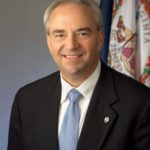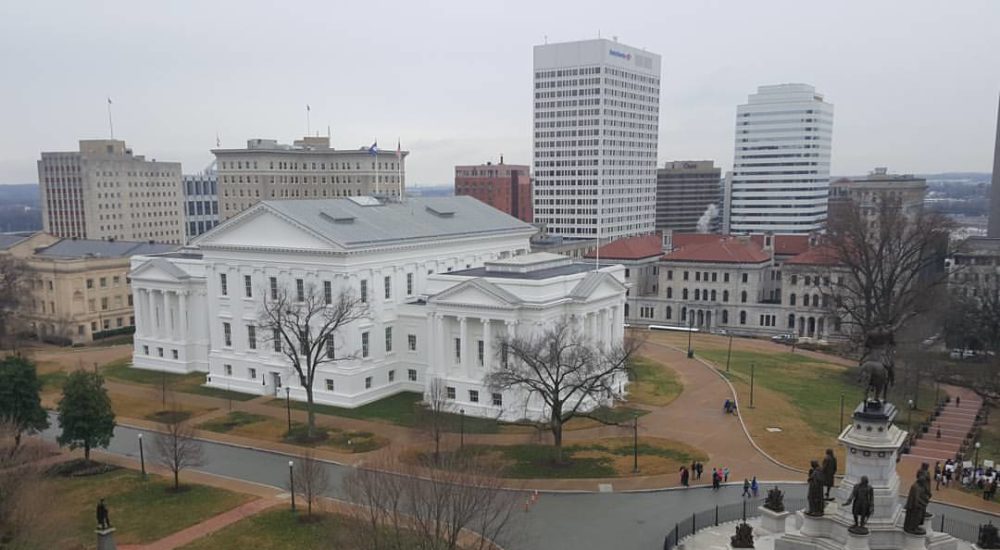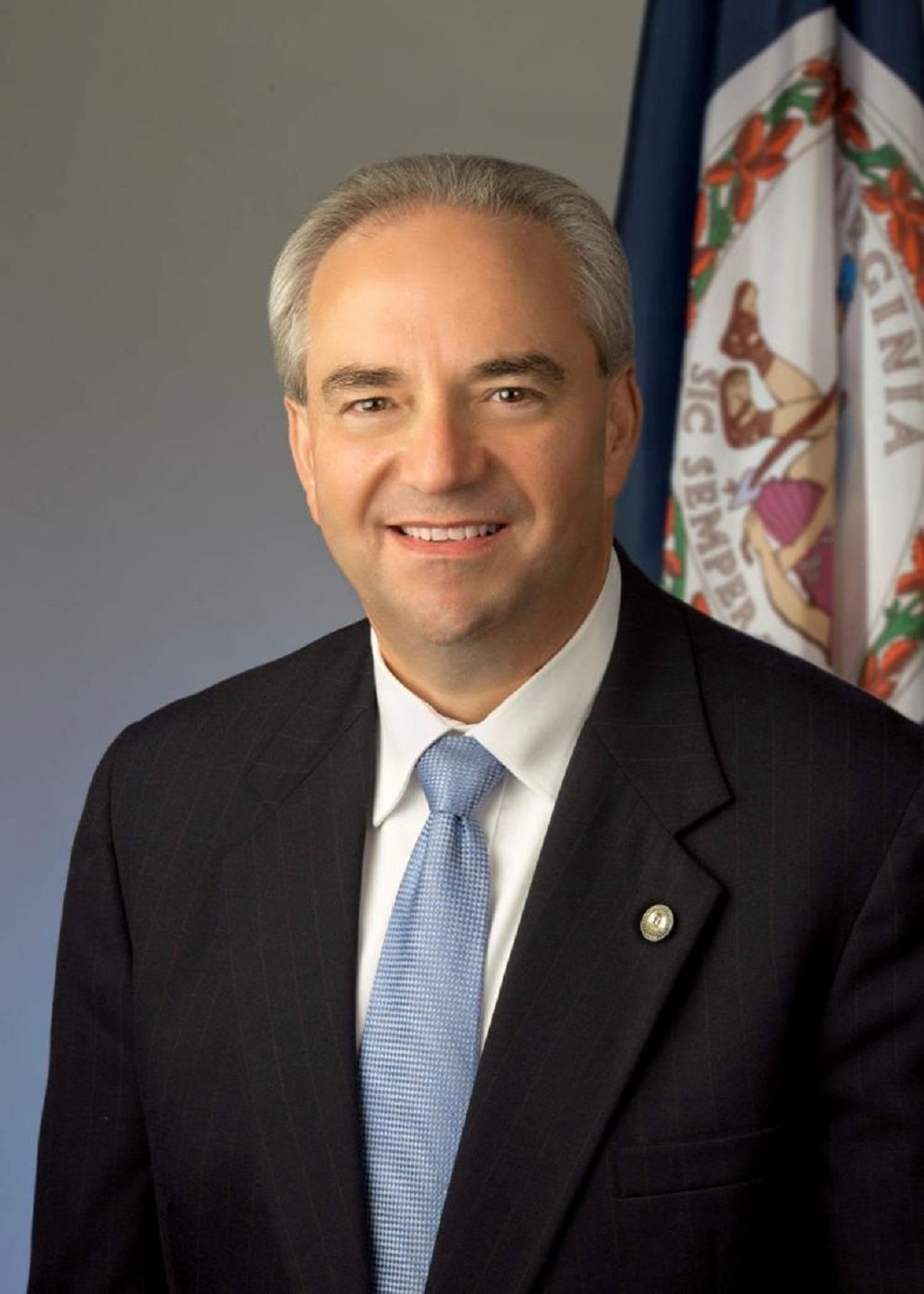Bolling: Politics, Virginia Style
 It has been said that if you love politics, Virgina is a great place to be because there is an election every year! This year, 2023, will be no exception with all 140 seats in the Virginia General Assembly up for grabs.
It has been said that if you love politics, Virgina is a great place to be because there is an election every year! This year, 2023, will be no exception with all 140 seats in the Virginia General Assembly up for grabs.
But 2023 will not be your typical General Assembly election year.
Thanks to the complete failure of the new Virginia Redistricting Commission to successfully complete its work, new legislative districts were drawn by the Supreme Court of Virginia, and to say that the Supreme Court shook things up would be a gross understatement.
For example, consider the Virginia State Senate.
Under the new redistricting plan approved by the Supreme Court, no less than 14 of the Senate’s incumbent legislators find themselves paired in districts with another incumbent Senator, often a Senator of the same political party.
Some of the notable pairings include:
SD 2 – Senator Emmett Hanger (R) and Senator Mark Obenshain (R) are paired in the same district.
SD 4 – Senator John Edwards (D) and Senator David Sutterlein (R) are paired in the same district.
SD 8 – Senator Steve Newman (R) and Senator Mark Peake (R) are paired in the same district.
SD 18 – Senator Louise Lucas (D) and Senator Lionel Spruill (D) are paired in the same district.
SD 20 – Senator Bill DeSteph (R) and Senator Linwood Lewis (D) are paired in the same district.
SD 26 – Senator Tommy Norment (R) and Senator Ryan McDougle (R) are paired in the same district.
SD 35 – Senator Dick Saslaw (D) and Senator David Marsden (D) are paired in the same district.
SD 39 – Senator Janet Howell (D) and Senator Barbara Boysko (D) are paired in the same district.
If this did not complicated matters enough, there are nine newly created Senate districts that have no incumbent senator!
Obviously, these pairings are going to result in some Senators having to: 1) compete with other incumbent Senators, often of the same political party, in order to retain their seat; 2) move into new Senate districts; or 3) retire to avoid these conflicts.
And the same complexities that exist in the State Senate also exist in the House of Delegates.
All this means that the nomination contests this spring may be more interesting to watch than the general election that occurs in November.
It also means that the General Assembly will look very different in 2024 than it looks today.


